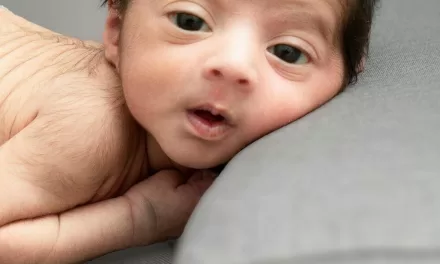
Date: January 18, 2024
In a groundbreaking development, researchers from the University of Nottingham have successfully tested a new Magnetic Resonance Imaging (MRI) technique that delivers magnetic stimulation to the brains of individuals grappling with severe depression. The trial, published in the journal Nature Medicine, reveals promising results, indicating substantial improvements in participants’ depression severity, anxiety levels, and cognitive functions over a period of 26 weeks.
The innovative approach involves MRI neuro-navigated Transcranial Magnetic Stimulation (TMS), an outpatient treatment where powerful magnetic pulses are directed to the left side of the patient’s head, just in front of the temporal area of the scalp. Unlike traditional treatments, this method employs neuronavigation, a computerized tracking system that precisely pinpoints the area of stimulation. This ensures consistency across all 20 treatment sessions, enhancing the efficacy of the therapy.
The trial, which included 255 participants, demonstrated that over two-thirds responded positively to the treatment. Remarkably, a third exhibited a 50% improvement in symptoms, while a fifth achieved remission and maintained it. Richard Morriss, Professor of Psychiatry at the University of Nottingham, noted, “Patients who responded to the treatment could stay relatively well compared to how they were previously, with as little as one or two treatments a year.”
Severe depression is a leading cause of disability worldwide, and current treatments, including antidepressants and therapy, are effective for two-thirds of individuals. However, the remaining third faces treatment-resistant depression (TRD), defined as a lack of response to two courses of antidepressants.
The breakthrough MRI technique offers hope for those with TRD, as it precisely targets the brain area where stimulation is deemed beneficial. While TMS has been used since the 1980s, the novel approach significantly extends the duration of the treatment’s positive effects.
“Given these patients are people who have not responded to two previous treatment attempts and have been ill for an average of 7 years, to get such a significant response rate and a fifth who have a sustained response is really encouraging,” Morriss emphasized.
Moreover, the MRI-guided TMS approach boasts minor and short-lasting side effects, allowing patients to resume their daily activities immediately after treatment. The study suggests that functional MRI paired with TMS may redefine the landscape of treating severe depression, offering new hope for individuals who have struggled for years with this debilitating condition.











